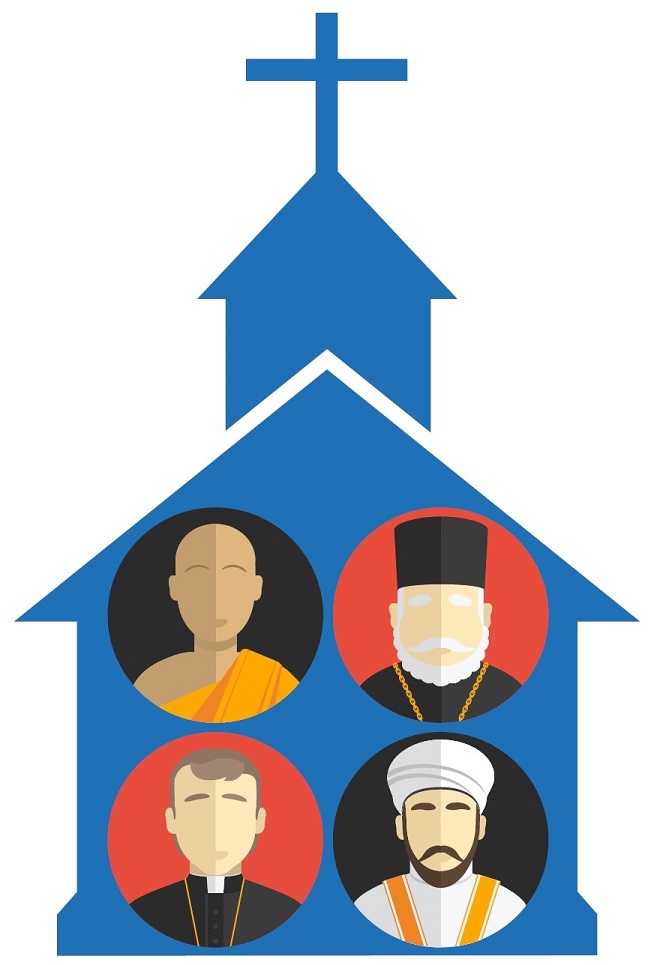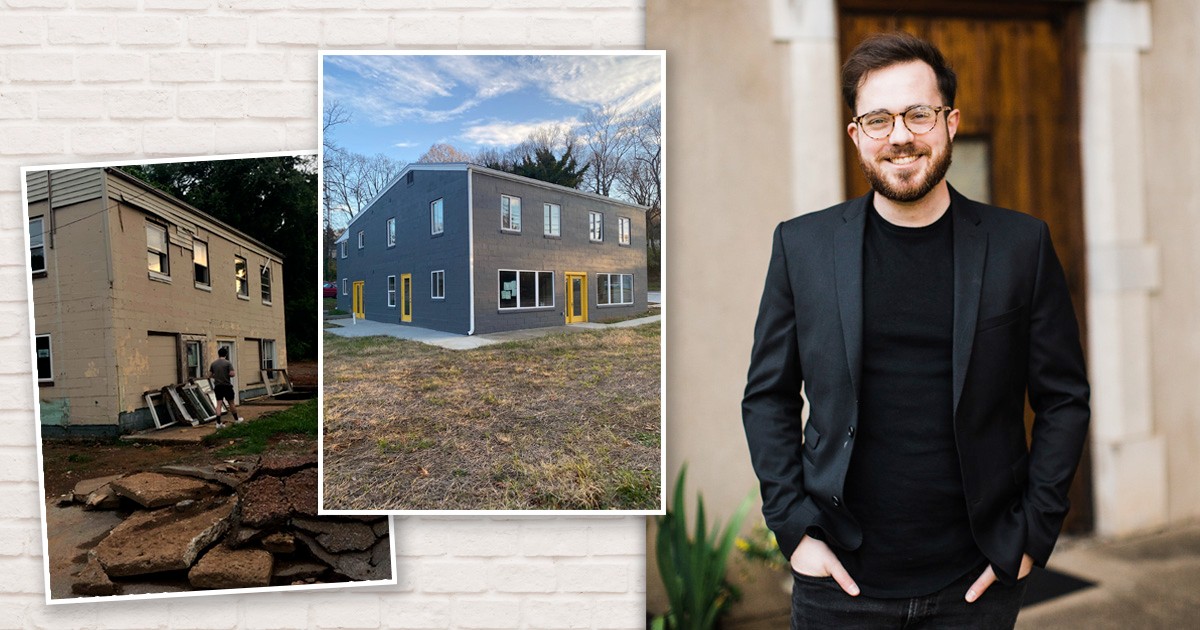DEAR AMY,
I was encouraged recently to learn that Muslim leaders had been invited to conduct their Friday prayers in the Washington Cathedral, the site of many national events and funeral services for former presidents. I understand this initiative was an outcome of a discussion related to a memorial service for Nelson Mandela. The South African ambassador, Dr. Ebrahim Rasool, is a Muslim. I know him from our days in Cape Town. As minister of health, he understood and supported the role of faith-based hospitals, including The Salvation Army's, in the health-care system. He called the invitation “a powerful symbolic gesture.”
The occasion brought to mind a similar event organized by one of our divisional commanders in Pakistan during the Muslim holy month of Ramadan. When the call to prayer sounded from a nearby mosque, the Shia and Sunni leaders rose to find a suitable place to pray. The divisional commander invited them into the nearby corps building, saying, “We have prepared a place inside for you.” They accepted this unique offer and went in to pray. I was taken aback, but on reflection realized this was right. Jesus reminded the buyers and sellers in the temple that “It is written, 'My house will be called a house of prayer' ” (Matthew 21:13). He was quoting Isaiah: “These I will bring to my holy mountain and give them joy in my house of prayer. Their burnt offerings and sacrifices will be accepted on my altar; for my house will be called a house of prayer for all nations” (Isaiah 56:7; emphasis mine).
I applaud the Washington Cathedral effort to encourage people from other faith communities, particularly from the monotheistic tradition. It spoke to me of the intended use of places of worship, as well as the Christian virtue of hospitality.
Imagine my disappointment with the criticism and protest this occasion generated. Dr. Franklin Graham complained on Facebook: “It's sad to see a church open its doors to the worship of anything other than the one true God of the Bible.” A protester had to be removed from the service, shouting, “Jesus Christ died on that cross over there,” concluding that only Jesus should be prayed to. She was oversimplifying the complex theological issues. I wonder what the Muslims who had come to pray thought of her actions and words. I do understand people's sensitivity to anything Islamic since the 9/11 tragedy. However, the emphasis of Jesus' ministry was building bridges, not walls. To my way of thinking, the Washington Cathedral initiative is in the best spirit of building positive relationships and promoting healthy dialogue and good will among people of faith. I hope you agree.
BOB
DEAR BOB,
I remember the days when we arrogantly believed that Christians possessed all truth and those of all other faiths were just pagans of varying stripes. Most of us now acknowledge that other religions do possess some truth and we can understand how people are drawn to those faiths. Still, Jesus claimed to be the truth and I don't see a lot of wiggle room in that enormous claim.
I have been to the National Cathedral many times, having lived in the Washington, D.C., area for six years. Though it is an Episcopalian church, it represents the worship practices of the American people. A national commander of The Salvation Army was installed there. My husband's recent graduation from a Methodist seminary was conducted there. I visited the cathedral for a morning of private prayer and celebration on my 30th anniversary of becoming a soldier, and viewed a stained-glass picture of William Booth at an open-air meeting.
The atmosphere of the National Cathedral isn't particularly Episcopalian. Even if it were, the Episcopalians are a liberal group, not a dogmatic one. I wasn't at all surprised, then, that a Muslim prayer service was conducted there—in fact, I was more surprised to learn that it had never happened before!
I am, however, caught off guard at the idea of a Salvation Army building being used for Muslim prayer. Part of me appreciates the courtesy and respect the divisional commander showed in the story you told. But what is more significant, to me, than such a genteel spirit is the phrase “Holiness unto the Lord,” which is draped across most holiness tables in Army buildings. I hope we agree that the word “Lord,” in our context, refers to the triune God, whom you and I both worship and whom The Salvation Army upholds doctrinally as the “only proper object of religious worship.” I have always thought the physical space of our buildings is sacred, as much as a building can be sacred.
Are we worshipping the same God as those who practise the Islamic faith?
You mentioned Isaiah 56:7, noting in particular that God's house is to be a house of prayer for all nations. The idea of “all nations” begins in verse six, with the mention of “foreigners.” Let's look at verses six and seven: “And foreigners who bind themselves to the Lord to minister to him, to love the name of the Lord, and to be his servants, all who keep the Sabbath without desecrating it and who hold fast to my covenant—these I will bring to my holy mountain and give them joy in my house of prayer. Their burnt offerings and sacrifices will be accepted on my altar; for my house will be called a house of prayer for all nations.”
As I read it, these verses speak of those who have come from foreign lands, but have decided to worship the God of the Israelites. In fact, they are submitting themselves to the religious practices of the Hebrews: keeping the Sabbath and observing the covenant. These are not people who come to the holy mountain and the house of God in order to worship foreign gods. They are worshipping the God of Israel in the way he has prescribed. I'm not sure, then, how this text supports the idea of the Christian faith—which we understand to be the completion of the Hebrew faith—making space in its “house of prayer” for the practice of another faith. I also can't think of any instance of Jesus building bridges by making room for other religions. He was in the business of lovingly guiding people to the truth.
I respect people of other faiths and support freedom of belief (though I wish all of humankind could enjoy the loving fellowship of Christ). I also am convinced that there is some truth to be found in other religions. However, allowing worship of something other than the triune God sends the message that we think all faiths bring equal knowledge of the one true God. Since we believe that this God was ultimately revealed to us through Jesus Christ, we do not believe that other faiths equally present the God of the universe. Scripture teaches that one day every knee will bow at the name of Jesus Christ. I think that should be the practice within our sacred spaces now.
AMY
DEAR AMY,
OK, so I have to think more deeply about the Isaiah reference! One issue is whether Islam is a completely different faith, with a different god. It could be argued that Muslims are spiritual cousins to Christians, along with the Jews. The Qur'an acknowledges Jewish and Christian traditions as “people of the book”—each traces its origins back to the God of Abraham. For the last four centuries, Christians in Malaysia and Indonesia have translated “God” as “Allah.” The strained relationship between Islam and Christianity today could be considered similar to the one between the Jews and Samaritans of Jesus' day. Despite being a Jew, Jesus went out of his way to minister to Samaritans (the woman at the well) and make another the hero of his most famous parable (the Good Samaritan). So when Muslims enter our building and see the motto “Holiness unto the Lord,” do we need to add the caveat “triune God” or can we not leave it as a plain, clear and practical invitation? Paul reminds us that Jesus is the mediator between us and God (see 1 Timothy 2:5). Are we in a position to tell Jesus where he must draw the line?
We are known for providing practical service without discrimination and have a history of reaching out to the lost and marginalized. I would suggest in this time of fear and suspicion, a Salvation Army that serves both in the West and in Islamic countries could be a remarkable bridge. We shouldn't be eclipsed by the provocative initiative of the Washington Cathedral.
BOB
DEAR BOB,
It is interesting to think of the Muslim-Christian difference as being similar to the Samaritan-Jew difference. I haven't considered that before.
In the tension between Samaritans and Jews, the discussion was not whom to worship, but where. As far as I know, there was never any question as to whether or not they were worshipping the same God—at least not by the time Jesus was on earth. (The earlier history of the Samaritans was far more convoluted.) I think you hit on the key question: Are we worshipping the same God as those who practise the Islamic faith? Christians define God by his triune nature. I am tempted to say that anyone who doesn't worship the Trinity could not be worshipping the true God. But I stop short of that assertion because I do not believe that faithful Jews are worshipping a false God; they simply do not recognize him in the fullness we acknowledge. Still, I think it is obvious that the relationship between the Jewish faith and the Christian faith is far more intimate than any possible relationship between Christianity and Islam. The Gospels, Acts, Galatians and other parts of the New Testament testify to that.
Love must win the day. It is a joy to befriend people of any faith, to live beside them, work together, serve them and meet their needs. But I think that sometimes compromise can be mistaken for love. We show the greatest love when we stand by what we understand to be true—such as the trinitarian definition of God—even if it is difficult to do so and makes us seem unyielding. In my opinion, reserving our buildings for worship of the God we know is one humble way of demonstrating our deference to his glory. I don't think it is tantamount to telling Jesus where to draw the line.
AMY










I was disturbed to know that an officer in Pakistan apparently took it upon himself to step over the
line and go beyond the boundary to invite a foreign religion to use their sacred church to pray to WHOM? other than the one true God of the Bible.
God, the Holy Spirit must have grieved when they used the church that was dedicated to the honor of Glory of God Almighty to pray to WHOM? other than the one true God of the Bible